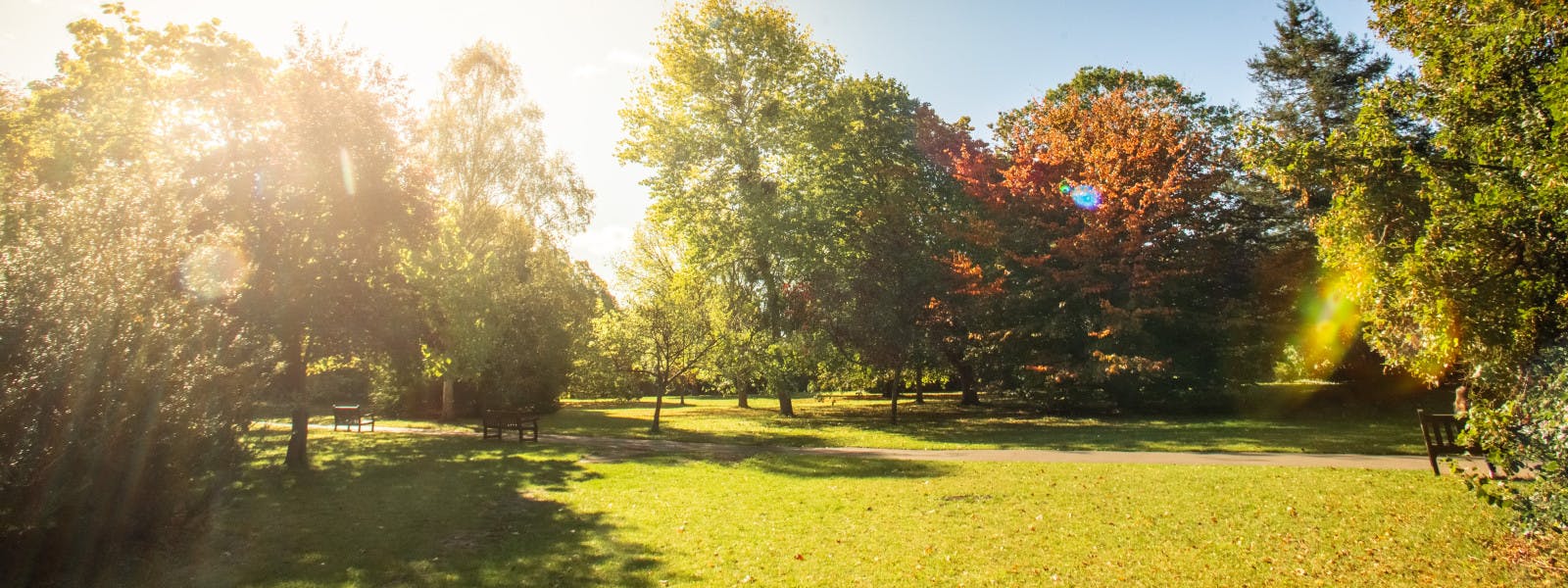
Wander through this treasure of the Hampton Court Gardens
Skip the event ticket details and go to event summary.
When
Open In line with palace opening hoursTicketing information
Included in palace admission (Members go free)
Buy Hampton Court Palace ticketsNestled within over 60 acres of historic gardens is the Hampton Court Palace Wilderness. This beautiful space was once Charles II's formal pleasure garden and is now a wild meadow filled with wildlife all year round.
Spring flowers and cherry trees
The Wilderness is at its most colourful in early April, when a sea of over a million daffodils and other flowering bulbs springs into life. This spectacle is further enhanced by the beautiful cherry trees, which also blossom in the spring.
The area provides nesting sites for many of Hampton Court's common birds such as blackbirds, blue tits and robins.
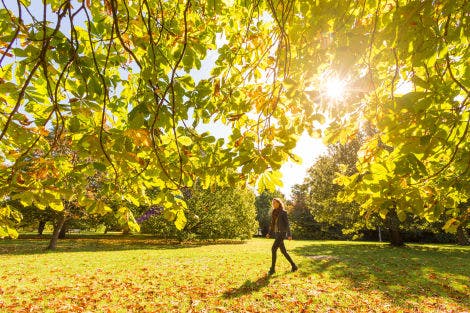
Henry VIII's great orchard
The word 'Wilderness' first appeared in the Hampton Court records in the late 1600s, although before this time the area was used for Henry VIII's great orchard. The Tudor orchard was filled with pear, apple and cherry trees.
According to legend, it was here that Henry first learnt of the death of Thomas Wolsey, his former chief minister. By this time, Henry had taken over Wolsey's palace and gardens at Hampton Court and started remodelling them to reflect his own power and magnificence.
A formal Stuart pleasure garden
In the 1680s Charles II created a pleasure garden at Hampton Court in the French Bosquet style, where courtiers could take in the country air away from London. In England this formal style became known as a wilderness.
A wilderness typically consisted of several sections, which were often divided up by tall hedges and trees. The area was often set out with crossing geometric paths. An interesting feature, seat or statue could sometimes be found within each section.
In the original Wilderness at Hampton Court Palace, the paths were lined on either side with hedges of Hornbeam Carpinus betulus and large Elm trees.
The garden also contained the famous Hampton Court Maze, which is still one of the most popular parts of the gardens.
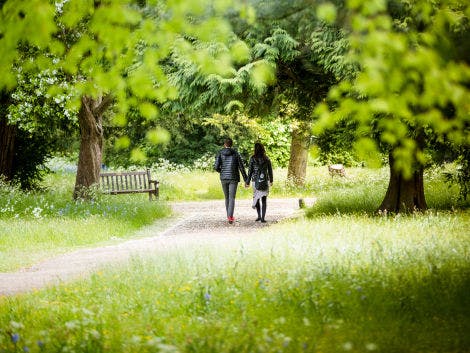
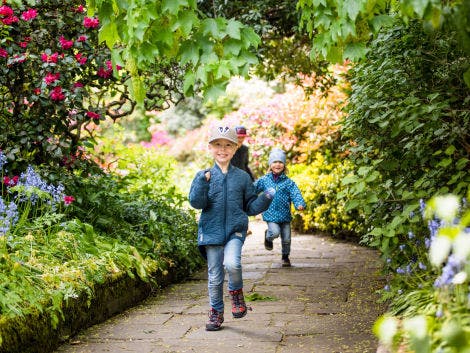
Changing fashions and a more natural appearance
As fashions changed, the pathways were gradually removed and the Wilderness lost its formal appearance. Many of the elm trees succumbed to Dutch elm disease in the 1950s and were removed.
The area was made even more natural with the massed planting of spring flowering bulbs, mostly daffodils, which began in the early years of the 20th century. The area is left un-cut for several weeks after the daffodils bloom in order for the bulbs to regenerate slowly in time for next spring.
Explore what's on
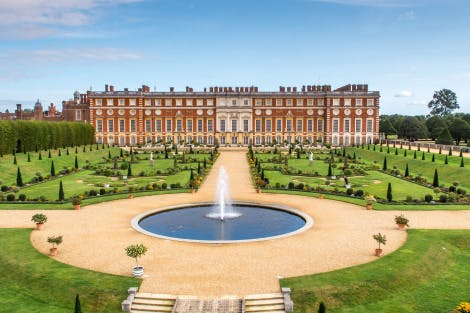
- Things to see
Hampton Court Gardens
Take time to explore and relax in these world-renowned gardens and find our free entry Garden Open Days dates.
- Open
- In line with palace opening hours
- Hampton Court Palace
- Included in palace admission (Members go free)

- Things to see
Kitchen Garden
Experience the recreated Kitchen Garden, which would have fed the Georgian royals and now supplies Henry VIII's Kitchens.
- Open
- In line with palace opening hours
- Hampton Court Palace
- Included in palace admission (Members go free)

- Things to see
Henry's Crown
Marvel at the sparkling re-creation of Henry VIII's Crown, on display in the Tudor apartments at Hampton Court Palace.
-
Wednesday to Saturday
- In line with palace opening hours
- Hampton Court Palace
- Included in palace admission (Members go free)
Browse more history and stories
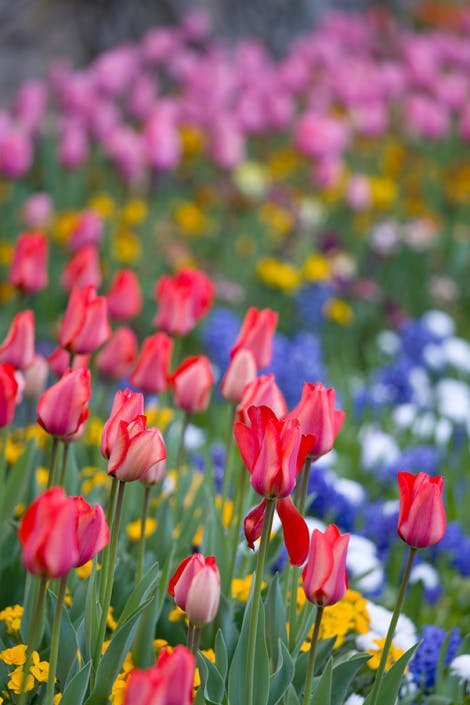
The gardens at Hampton Court Palace
A brief history of the famous royal gardens

Henry VIII, Terrible Tudor?
Who was the real Henry VIII?
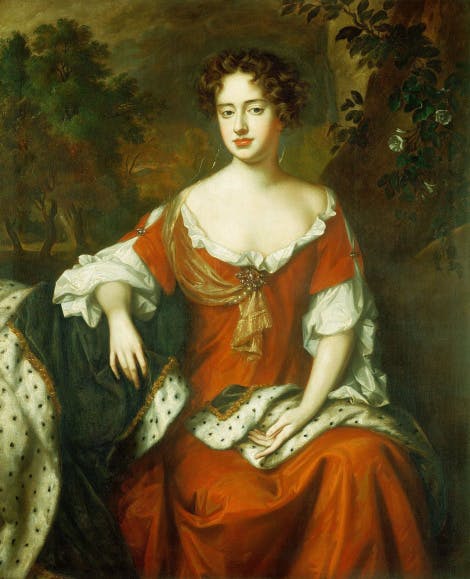
Queen Anne
A surprisingly successful monarch, despite ill health and tragedy
Shop online

Shop Hampton Court Palace
Explore our gifts and souvenirs, inspired by over 500 years of history from Hampton Court Palace.
From £2.50

Shop Glassware and Drinks Accessories
Raise your glass in style with our exquisite range of luxury glassware.
From £12

Shop Food & Drink
Indulge in our scrumptious collection of chocolates, preserves, jams, biscuits, tea and the finest liqueurs.
From £4.50
